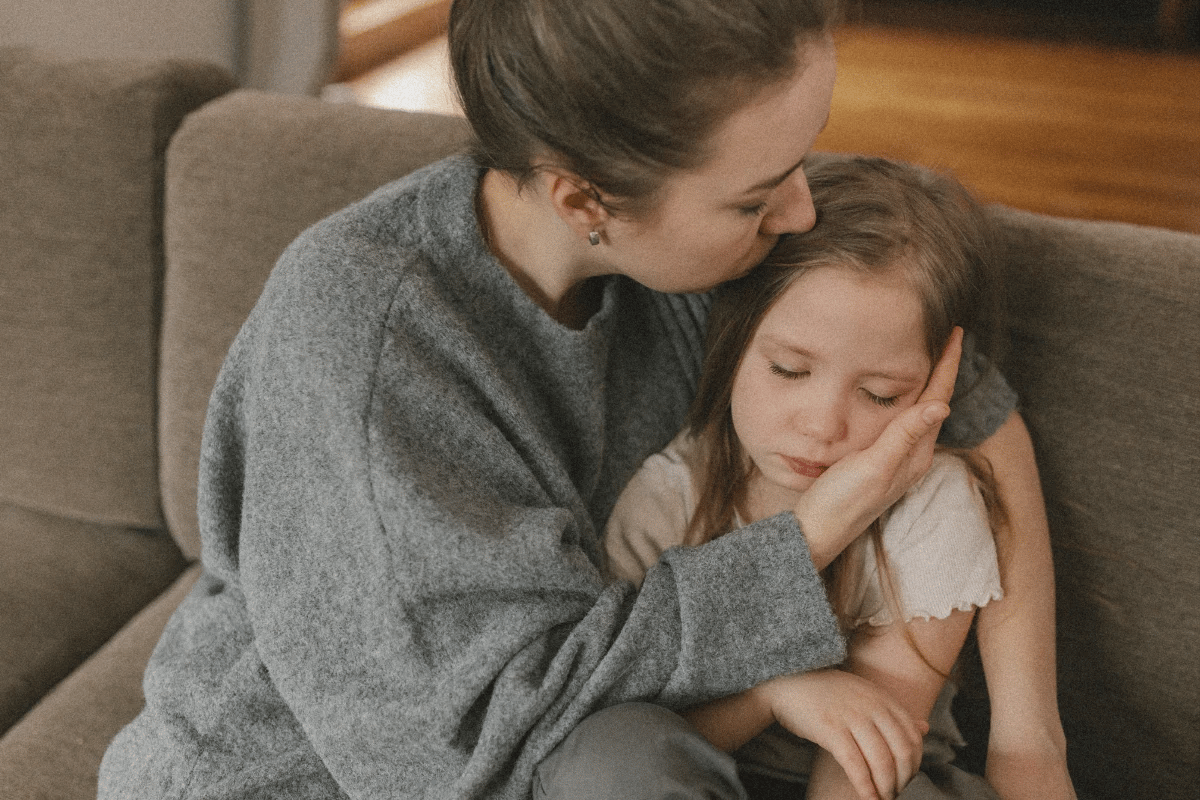

When someone in your family is experiencing mental health challenges, the focus might naturally shift to them if they need more support. But what about everyone else in the household? The siblings, parents or children who are also navigating this journey?
According to Medibank Group Medical Director Dr Shona Sundaraj, the impact of mental illness extends far beyond the person experiencing it, creating ripple effects that touch every family member in complex ways.





























































































